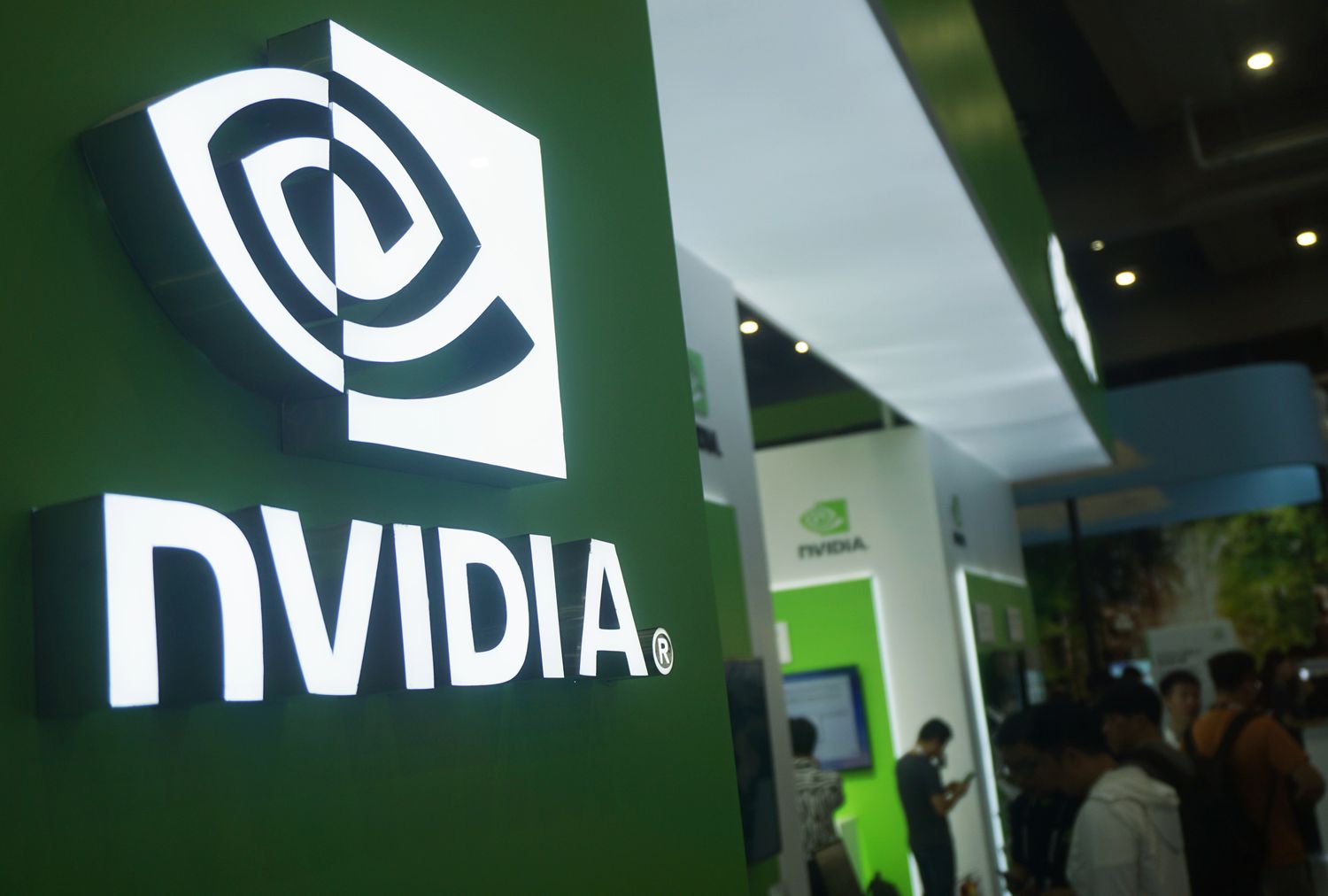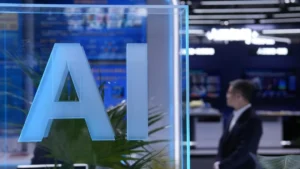Intel Corporation, the storied technology titan that helped define the personal computer age, will soon lose its spot in the prestigious Dow Jones Industrial Average after a 25-year tenure. This decision, announced by S&P Dow Jones Indices on Friday, symbolizes a dramatic shift within the semiconductor industry, highlighting Nvidia’s meteoric rise as a leader in artificial intelligence technology. For Intel, this change represents more than just a reshuffling of stocks; it signals a turning point as the company struggles to reinvent itself in an era increasingly dominated by AI.
Founded in Silicon Valley in 1968, Intel initially focused on memory chips before transitioning to microprocessors, a shift that would ultimately place it at the forefront of the personal computing revolution. Intel’s processors became essential components for PCs, powering a global shift towards digital productivity and connectivity. The company’s famous “Intel Inside” branding campaign in the 1990s turned an internal component into a household name, creating a reputation for reliability and innovation that resonated across the tech world. By including Intel in the Dow Jones Industrial Average in 1999, the index signaled Intel’s importance, placing it among the ranks of America’s most influential companies.
In recent years, however, Intel has found itself eclipsed by faster-moving competitors in the semiconductor field. Despite its formidable reputation, Intel has struggled to keep up with advances led by Taiwan Semiconductor Manufacturing Company (TSMC), a rival that has swiftly captured the lead in advanced chipmaking. TSMC’s technological edge has particularly impacted Intel’s position as new applications, especially those involving artificial intelligence, have grown in importance. Intel’s difficulties adapting to these changes were further underscored by its decision to pass on investing in OpenAI, the developer behind ChatGPT, a technology that has become central to AI-driven advancements.
The result of these missteps has been a sharp decline in Intel’s financial standing. Intel shares (INTC) have plummeted by 54% this year, making them the worst-performing stock within the Dow and driving them to the lowest price in the index’s price-weighted calculations. On Friday, in extended trading, Intel’s stock continued its downward trend, falling an additional 1%, signaling continued investor skepticism about its ability to recover. This performance, a stark contrast to the success Intel once enjoyed, underscores the challenges the company faces as it tries to keep pace with a rapidly evolving industry.
While Intel has struggled, Nvidia has risen to prominence. Founded as a graphics chip designer with a focus on gaming, Nvidia has transformed itself into a leader in AI computing, with its graphics processing units (GPUs) now at the core of machine learning and high-performance computing. Nvidia’s GPUs, once sought after primarily by gamers, have become indispensable for AI model training, powering the applications that define the AI-driven era. This strategic pivot has led to remarkable growth; Nvidia shares have surged nearly sevenfold over the past two years, with this year alone seeing its stock price more than double.
Beyond its financial performance, Nvidia’s influence on the industry has become undeniable. The company’s technologies are critical for industries adopting artificial intelligence and machine learning, from healthcare to autonomous vehicles. Nvidia’s recent 10-for-1 stock split in June 2023 also helped expand access to its stock for retail investors, boosting its visibility and paving the way for its inclusion in the Dow. With Nvidia’s ascension, the Dow Jones Industrial Average is now aligned with the technology industry’s evolution, underscoring the significance of artificial intelligence in shaping the future.
Intel’s departure and Nvidia’s inclusion represent a generational shift, where the once-iconic leader of the personal computer age makes way for a new titan of the AI era. The replacement reflects the market’s increasing focus on AI as a transformative technology, marking Nvidia’s arrival as a symbol of the industry’s future. While Intel will undoubtedly continue its efforts to redefine itself, its exit from the Dow serves as a sobering reminder of how quickly fortunes can change in the fast-paced world of technology.











